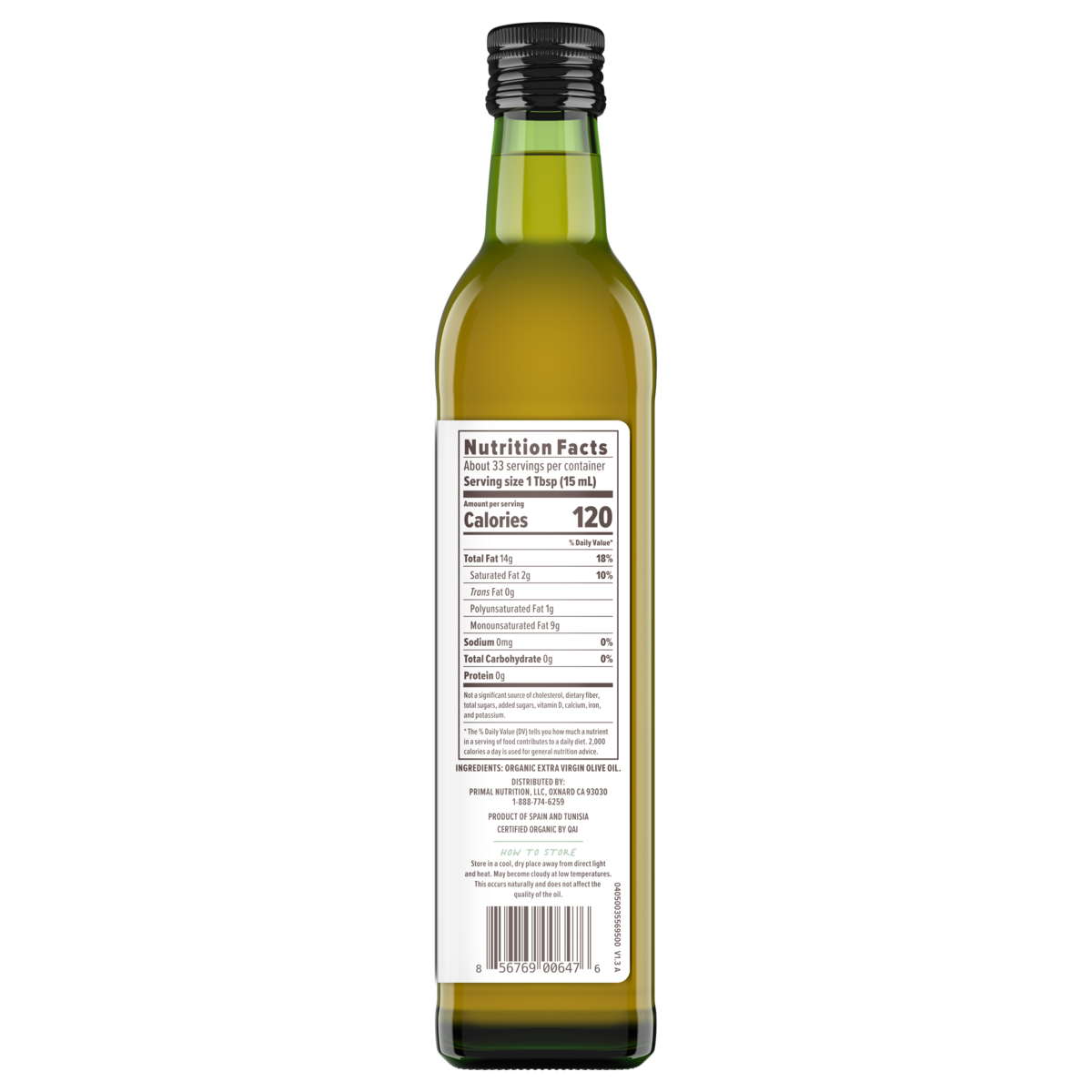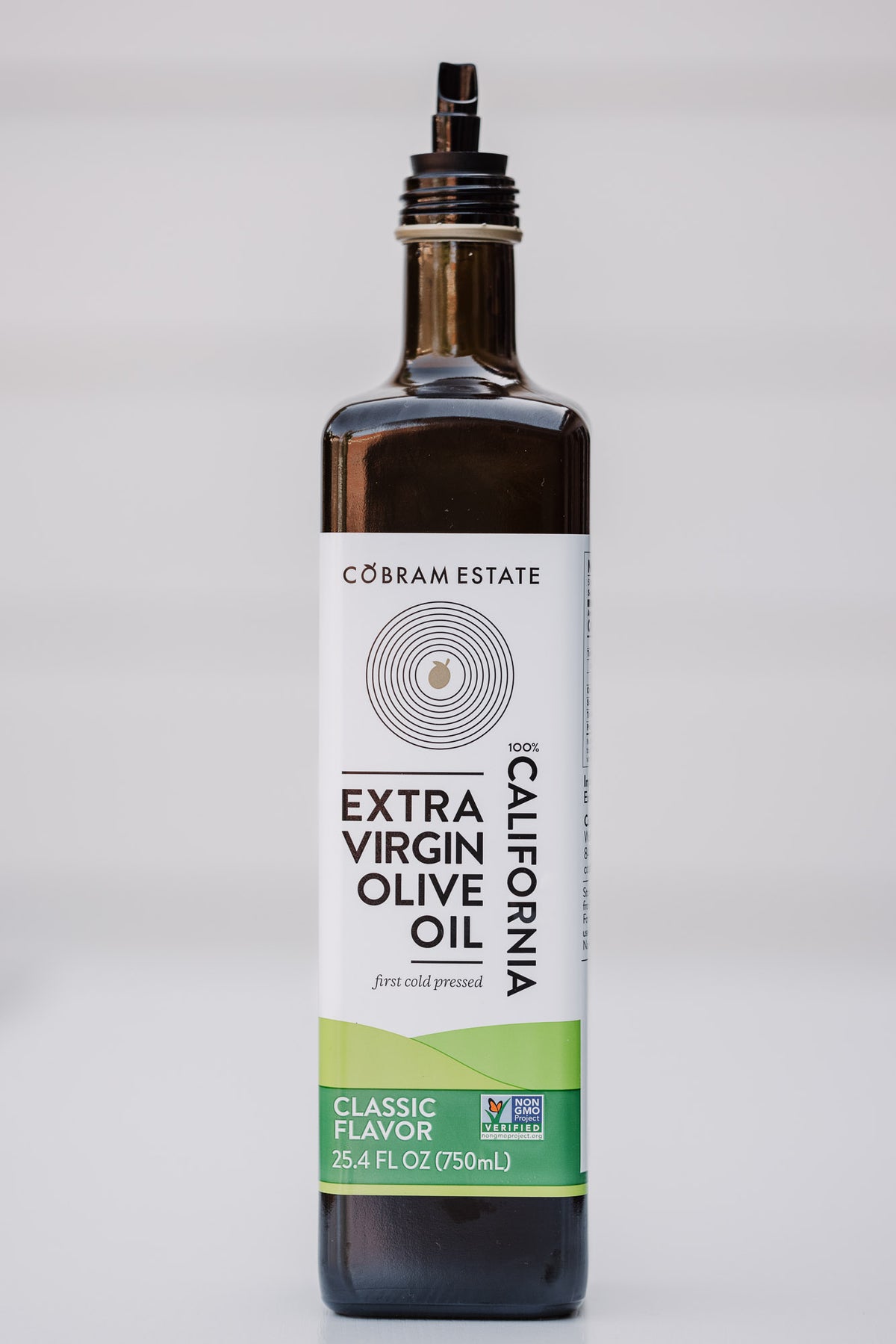Exploring the Different Types of Olive Oil and Their Uses, Consisting Of Extra Virgin Olive Oil
The exploration of olive oil encompasses a varied array of kinds, each offering distinctive tastes and culinary applications. Extra virgin olive oil, renowned for its remarkable high quality and health benefits, acts as a staple in numerous kitchens, yet it is just one facet of this multifaceted component. extra virgin olive oil benefits. Various other selections, such as polished and pure olive oils, likewise require focus for their special buildings and usages. Comprehending these differences can substantially influence both cooking strategies and flavor profiles. What, then, should one take into consideration when selecting the ideal olive oil for a certain cooking undertaking?
What Is Olive Oil?
Stemmed from the fruit of the olive tree, olive oil is a staple in Mediterranean cuisine and a crucial active ingredient in various cooking applications. This functional oil is created by pressing whole olives, resulting in a fluid that differs in flavor, color, and fragrance depending upon the kind of olives utilized, the region of farming, and the extraction process. Olive oil is predominantly composed of monounsaturated fats, especially oleic acid, which is recognized for its potential wellness advantages, consisting of anti-inflammatory homes and cardiovascular support.
In addition to its cooking uses, olive oil has a lengthy background of application in conventional medication and skincare, owing to its abundant antioxidant web content (extra virgin olive oil benefits). The oil is commonly made use of in dressings, marinates, and for cooking approaches such as sautéing and roasting. Its distinctive flavor account can improve the preference of numerous recipes, making it a necessary ingredient for both home cooks and professional chefs
Moreover, olive oil is celebrated for its role in the Mediterranean diet, which is related to many health benefits. As awareness of these benefits expands, olive oil proceeds to gain popularity worldwide as a fundamental part of a healthy way of living.
Sorts Of Olive Oil
Recognizing the numerous kinds of olive oil is important for both cooking lovers and health-conscious consumers. Olive oil is classified mostly based on its extraction technique and quality, which considerably affects its flavor, scent, and wellness advantages.

Light olive oil, despite its name, describes a lighter taste and not lower calories. It is perfect for those looking for a more subtle preference in dressings and marinates. Additionally, there are flavorful olive oils instilled with herbs, spices, or citrus, which can enhance meals without the requirement for additional flavoring.
Each kind of olive oil serves specific cooking functions, and comprehending these differences permits consumers to make informed selections that line up with their food preparation designs and health and wellness goals.
Extra Virgin Olive Oil
Bonus virgin olive oil (EVOO) is commonly considered as the finest olive oil readily available, renowned for its abundant flavor and numerous health advantages. To be categorized as added virgin, the oil needs to be produced from fresh olives making use of mechanical processes, without making use of solvents or extreme warmth. This precise approach website link preserves the oil's all-natural tastes, anti-oxidants, and healthy fats, causing a product with a low level of acidity level of less than 0.8%.
EVOO is plentiful in monounsaturated fats, particularly oleic acid, which is linked to lowered inflammation and enhanced heart wellness. It also contains polyphenols, effective anti-oxidants that may use safety effects against persistent conditions. The taste profile of EVOO can differ dramatically depending on the olive range and area of manufacturing, ranging from fruity and grassy to durable and sharp.

Culinary Use Olive Oil

In cooking, olive oil can be used for sautéing, roasting, site and cooking, providing a much healthier choice to butter or various other fats. Its high smoke factor makes it appropriate for different cooking methods, while its visit our website antioxidants add to a heart-healthy diet. Showering olive oil over ended up meals, such as pasta, fish, or barbequed vegetables, can elevate tastes and include a touch of beauty.
Furthermore, olive oil plays a significant role in baking, where it can change standard fats in recipes for bread and pastries, presenting wetness and a subtle taste. It likewise works as a base for instilled oils, allowing cooks to trying out flavors such as garlic, herbs, or chili, better broadening its culinary potential. On the whole, olive oil's adaptability makes it important in both home and professional cooking areas.
Deciding On Quality Olive Oil
When picking high quality olive oil, it's vital to think about several vital elements that affect the product's taste, health, and fragrance advantages. Firstly, choose extra virgin olive oil (EVOO), which is originated from the first chilly pushing of olives and includes the highest degree of anti-oxidants and useful substances. Try to find oils that are licensed by acknowledged companies, as this frequently makes certain adherence to stringent high quality requirements.
The product packaging also plays a significant function in maintaining the oil's integrity. Pick oils stored in dark glass bottles or tins to safeguard versus light destruction. Take notice of the harvest date; fresher oils supply remarkable taste and dietary worth, so select products that are within 18 months of their harvest.
Be mindful of the preference; a great quality olive oil should have an equilibrium of fruity, bitter, and sharp notes, suggesting its richness and intricacy. By examining these aspects, you can ensure you are choosing the ideal olive oil for your cooking needs.
Conclusion
In recap, the exploration of various sorts of olive oil reveals distinctive attributes and applications, with additional virgin olive oil representing the peak of high quality due to its reduced acidity and high antioxidant content. Its flexibility in cooking uses enhances tastes in dressings, marinades, and showers. Comprehending the different selections of olive oil permits educated options in cooking methods, advertising healthier techniques while enhancing the overall gastronomic experience. Quality choice remains crucial for optimum benefits.
Obtained from the fruit of the olive tree, olive oil is a staple in Mediterranean food and an essential active ingredient in various culinary applications.The most usual kinds of olive oil include fine-tuned olive oil, pure olive oil, and light olive oil.Bonus virgin olive oil (EVOO) is widely related to as the highest possible quality olive oil offered, renowned for its rich taste and countless health benefits. Choose for added virgin olive oil (EVOO), which is acquired from the first chilly pressing of olives and consists of the highest levels of anti-oxidants and valuable compounds.In summary, the exploration of different types of olive oil exposes distinctive attributes and applications, with added virgin olive oil standing for the peak of quality due to its low acidity and high antioxidant content.
Comments on “Extra Virgin Olive Oil Benefits: A Simple Addition to Boost Your Immune System”